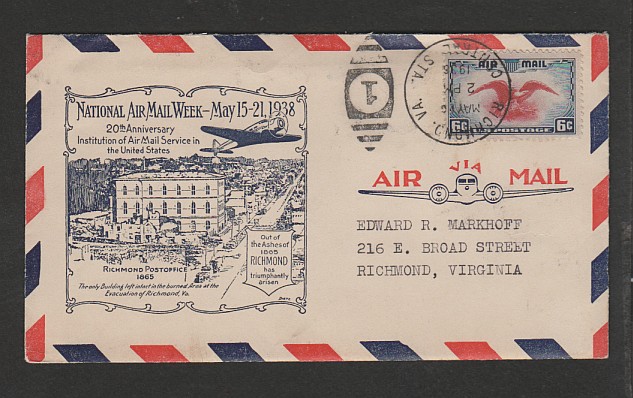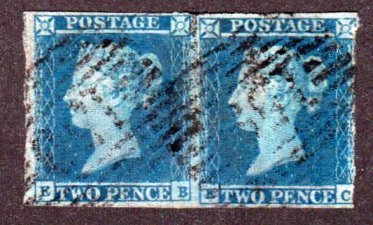by Michael Generali
23rd of March 2011
Michael Generali is an Estate Adviser with the American Philatelic Society
Note: The information contained in this document is not intended to provide or be a substitute for legal advice. When planning an estate and/or will one should consult with an attorney who is certified or specializes in this area. This is intended as a general, orienting guide for the SOR membership to help them in their planning approach.
Members may wish to print out this document and keep it with their collection and/or will.
Life’s uncertainties make it a necessity to properly plan one’s estate. A stamp collector should take steps to ease the burden of those to whom the collection will be left. People not familiar with the hobby generally lack the knowledge to make proper decisions regarding the disposition of the collection they have inherited. As a result many have stated that they have disposed of a collection by selling it for practically nothing at garage sales, or have simply thrown it away in the trash just to get rid of it.
To begin estate planning for a stamp collection, one should have the following:
- An organized collection (not simply boxes of loose stamps or packets of unsorted stamps)
- A general written description of the collection that captures:
- Overview of the collection’s contents (i.e., mint never hinged United States Air Mail collection; world wide collection of approximately 100,000 stamps mostly in complete used and unused sets)
- How the collection is organized (i.e., five stock books; Scott International Albums)
- Where the collection is stored (i.e., safe deposit box at the bank; room closet in the house)
- An inventory of the collection, including:
- Identification and description of all items or just the higher-valued items
- Location of higher-valued items if not with the general collection
- List of items with certifications
- Location of certificates
- Estimated catalog value of the collection
- Estimated market value of the collection
- Catalog(s) used to determine values and catalog year
- Date inventory was last updated
If the collection is not already organized and inventoried, it may be a labor-intensive task to put this information all together for the first time. However, once completed, all that needs to be done is periodic updating.
The collector also should personally acquaint the appropriate people with the collection. Instructions to the executor or others should be in writing and attached or located with the will.
If the collector is a member of a philatelic organization, such as the American Philatelic Society (APS), estate advisory services relating to the disposition of the collection may be available to the heirs for little or no charge. Instructions should be left regarding how to contact the organization for assistance. The following link is to the estate planning and advisory information at the APS web site. One does not need to be a member to access this information, but the collector must have been an APS member in order for the heirs to receive the assistance from the APS Estate Advisory Service.
http://www.stamps.org/Services/ser_estateadvice.htm
Eventually all collectors must leave the hobby. Proper disposition of a stamp collection through estate planning not only maximizes the benefits to one’s heirs, but also to the hobby.


